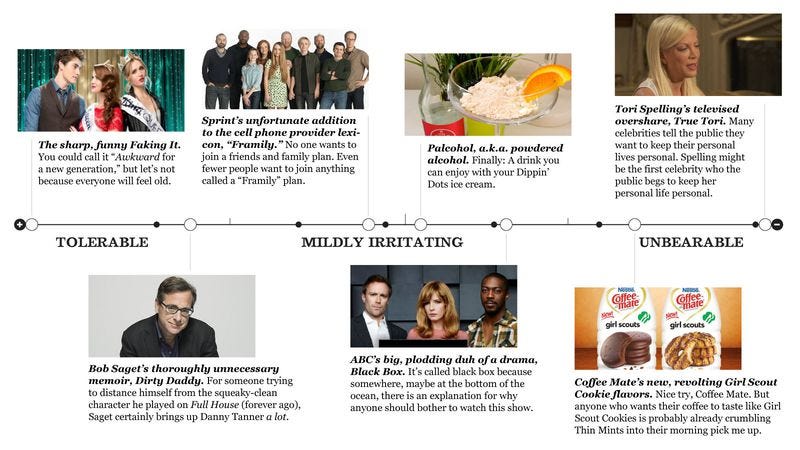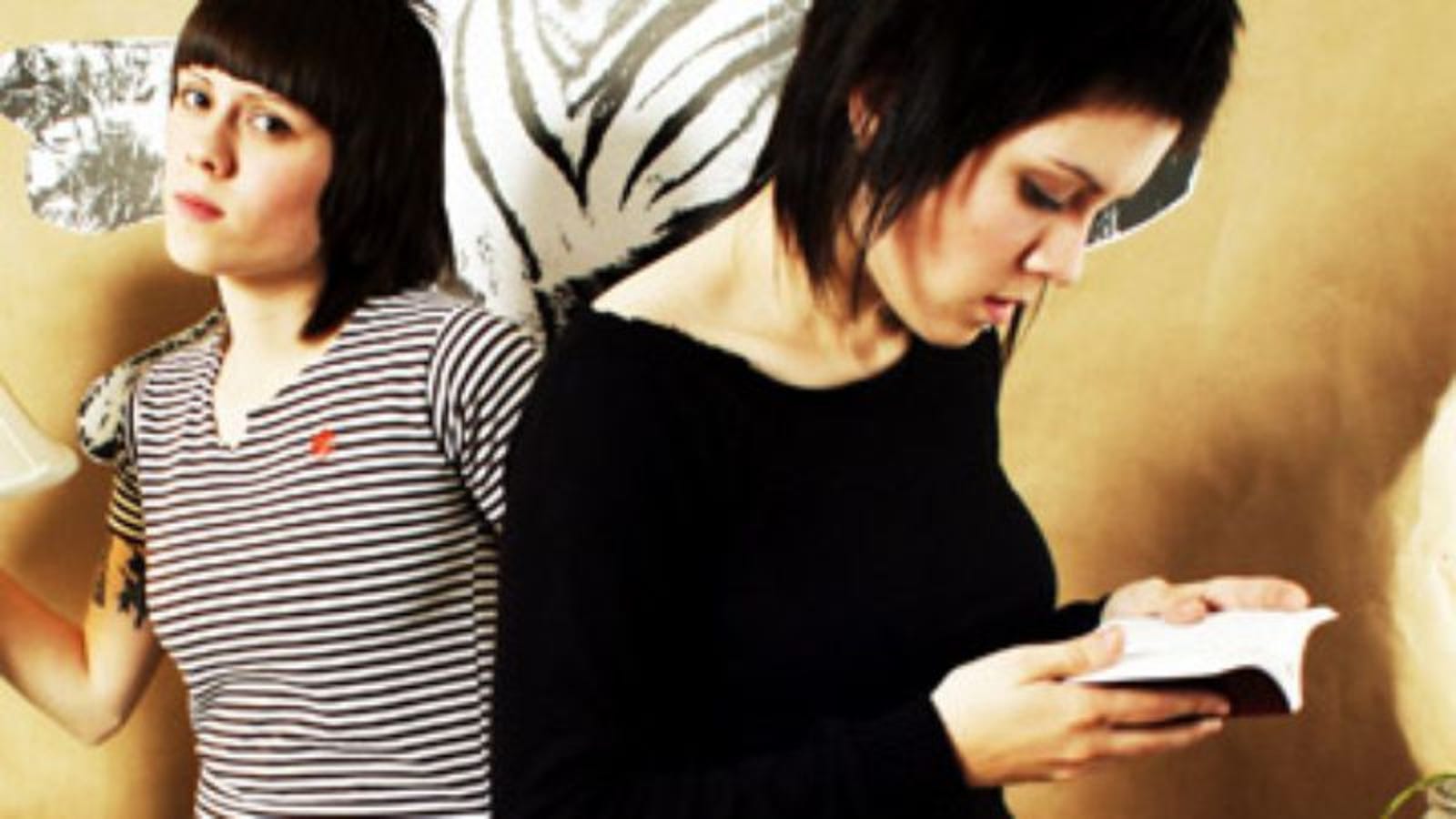

And I always personally felt that Dwight was a really deep and kind, ultimately good character.

And then also part of what we were dramatizing was that person’s progression, humanizing the boss character and understanding their perspective and having them learn to understand the perspective of the people that work for them. But if he did that all day long without any sort of check on his behavior, it would be terrifying.ĭanny Chun: I understand that, but my counter to that would have been Michael also did a lot of things early on that were preposterous and inappropriate and awful. It’s funny if he sets the office on fire and blowtorches all the doorknobs. I also didn’t want Dwight to be empowered because I was afraid he wouldn’t be funny anymore with power. There’s just so many candy bags to draw from that he carries around that I was worried that if we gave him the boss position it would just be disastrous. He’s like this weird amalgam of Mennonite and Star Trek nerd. Mark Proksch (Nate Nickerson, Seasons 7-9): I think if Dwight had become the boss it would have opened up a lot of interesting doors and story lines.Īaron Shure (Writer, Seasons 5-8): I did not think Dwight should be the boss because I think Dwight is not as benign as Michael Scott. Trae Patton/NBCU Photo Bank/NBCUniversal/Getty Images

It just seemed like it suggested more stories to me.Įd Helms as Andy Bernard and Rainn Wilson as Dwight Schrute in ‘The Office.’ Photo credit: Trae Patton/NBCU Photo Bank/NBCUniversal/Getty Images I think people would have been more excited to see Dwight as the boss because he’d been wanting it for so long. He’s such a people pleaser, but Michael is a people pleaser. I don’t think I could see yet what Andy would bring to the table that felt distinct with him being the boss. Justin Spitzer (Writer, Seasons 3-9): I remember a lot of discussion about what we should do. “Should it be someone from the outside or someone from the inside? Who should it be? Who’s the best person on the inside?”Īmelie Gillette (Writer, Seasons 7-8): There was ultimately a big Dwight camp and there was a big Andy camp. On a meta level it was like, “Do we want to bring in a brand-new actor, a big star, or do we want to sort of cultivate the people that people already know and love?” There was also a real aspect where we asked, “What would be happening at the office itself?” Ultimately what we decided to do was have the process play out in the office because that is what would happen. I wasn’t alone in that, but there were definitely different sides.ĭanny Chun (Writer, Seasons 6-8): One of the big debates that took place was, “Should it be someone inside the office or should it be someone new?” That was a really big one. I thought he occupied a very particular position in the office dynamic and it would be better to pull somebody in from the outside and just own that, rather than simply saying we’ll just fill it from inside. Peter Ocko (Writer, Season 7): I felt very strongly that you couldn’t replace Michael with another member of the ensemble. But, you know, that didn’t get that much traction. It becomes a black office, and you’d just go from there. And you just bring in all these black comedians.

Halsted Sullivan (Writer, Seasons 5-9): I pitched the idea of, “What if Queen Latifah becomes the manager?” Slowly, one by one, she starts firing all the employees. This excerpt is from from The Office: The Untold Story of the Greatest Sitcom of the 2000s by Andy Greene, to be published March 24th by Dutton, an imprint of the Penguin Publishing Group, a division of Penguin Random House, LLC.


 0 kommentar(er)
0 kommentar(er)
